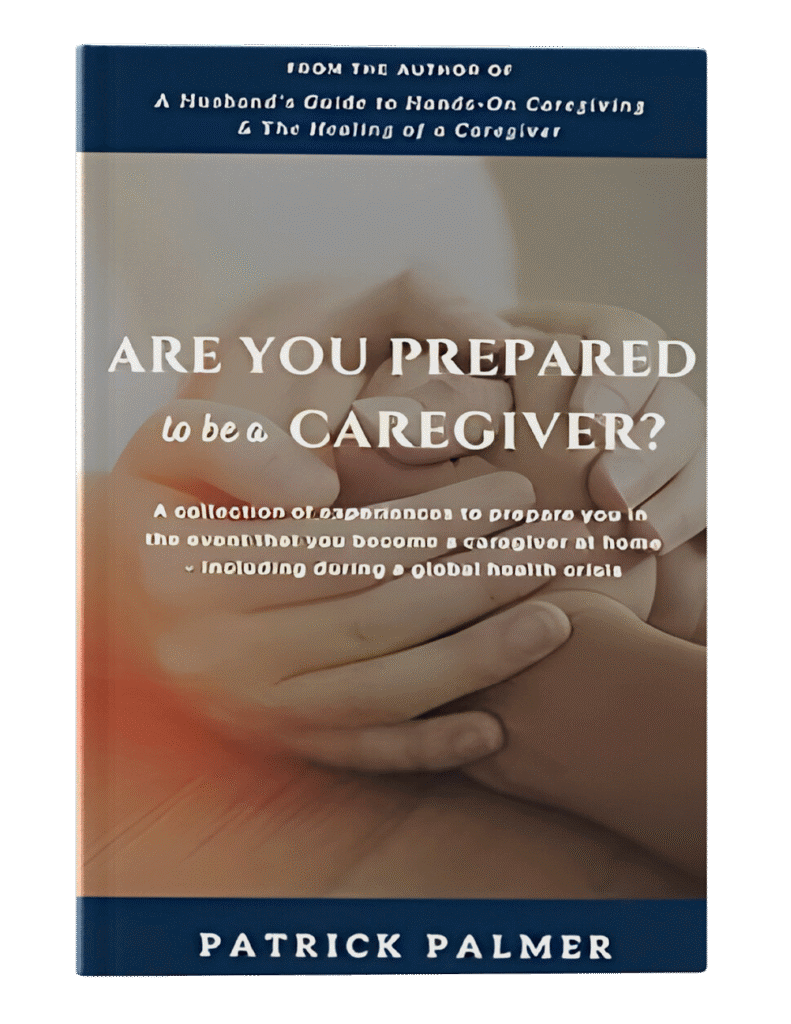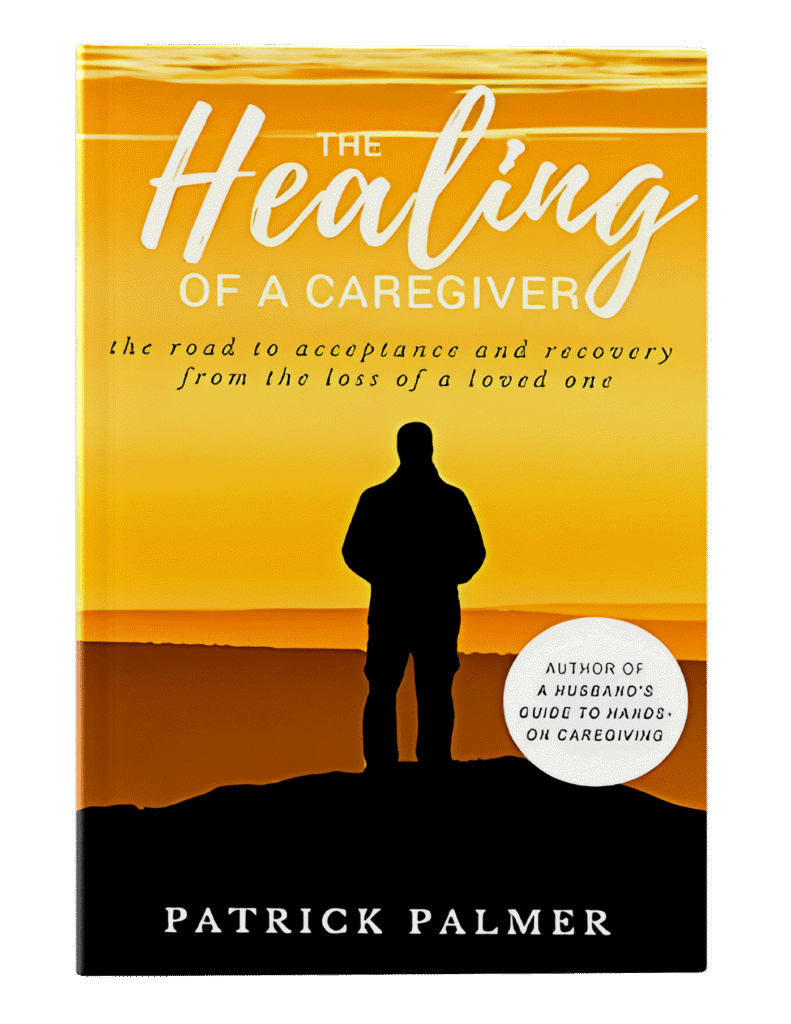HOW DOES CAREGIVING AFFECT CAREGIVERS?
Whether you are a paid caregiver or caring for a loved one—be it a parent, partner, friend, child, or any other family member—caregivers play a vital and often challenging role. From managing household chores to making critical health and financial decisions, the responsibilities are demanding. Daily tasks may include bathing, feeding, and offering emotional support. However, if caregivers neglect their own well-being, it can lead to serious chronic conditions such as depression, anxiety, heart disease, and diabetes.

Ignoring caregiver stress can also result in burnout, making it harder to continue providing care. It is important for caregivers to recognize the signs of stress and take steps to manage them. A balance of care and self-care is essential to maintaining one’s health and the recipient’s appropriate care.
Continue reading this blog to learn more about the impact of caregiving on a caregiver’s emotional and physical health, as well as how to properly handle these difficulties.
What is Caregiver Burnout and How Does It Affect Caregivers?
Caregiver burnout is a state of complete emotional, mental, and physical exhaustion. It happens when you are overwhelmed by the stress of caring for a loved one all the time. While care can be rewarding, it often comes with many challenges that get worse over time. You can spend years or decades caring for someone, which can be devastating, especially if the outcome is poor.

When you burn out, you don’t just feel stressed; you feel like you can’t keep up. This fatigue can negatively affect your health, relationships, and overall well-being, making it difficult to continue caring for your loved one. That’s why taking care of yourself is not a luxury but a necessity. Staying healthy and happy is just as important as taking care of your loved one.
Common signs and symptoms of caregiver stress
Anxiety
Feeling tired and run down
Overreacting to minor issues
New or worsening health problems
Trouble concentrating
Feeling increasingly resentful
Drinking
Smoking
Neglecting responsibilities
Changes in appetite, such as eating too much or too little
Negative emotions, such as hopelessness, depression, or feelings of loneliness
Loss of control, either physically or emotionally
Poor treatment of the loved one you are caring for
Problems sleeping, such as trouble falling asleep or sleeping too much
Loss of interest in activities you used to enjoy
Common Signs of Caregiver Stress Every Caregiver Should Know
You have much less energy than you once had.
It seems like you catch every cold or bout of flu that’s going around.
You’re constantly exhausted, even after sleeping or taking a break.
You neglect your own needs, either because you’re too busy or you don’t care anymore.
Your life revolves around caregiving, but it gives you little satisfaction.
You have trouble relaxing, even when help is available.
You’re increasingly impatient and irritable with the person you’re caring for.
You feel helpless and hopeless..
Most common impact of Caregivers

1. Depression
One of the most prevalent side effects of caring is depression. Caregivers frequently put their own needs aside in favor of their loved ones, and they might experience depression and exhaustion as a result of this. Take care of yourself, stay socially active, work toward your objectives, and get help when you need it to prevent depression. You can get much-needed assistance from respite carers, enabling you to relax and rejuvenate.
2. Physical Strain
Providing care can be physically draining, particularly when a loved one needs to be lifted or moved. Significant health issues like heart disease or stroke might be brought on by this stress. Establish parameters and refrain from overworking yourself. Try to split the workload and give your body the rest it needs, by asking for assistance.
3. Overall Health Decline
The stress of caregiving can weaken your immune system, making you more susceptible to colds and flu. It can reduce the effectiveness of vaccines and slow any recovery process. Elevated levels of stress, especially when accompanied by depression, can increase the risk of chronic diseases such as heart disease, diabetes, and even cancer. Managing stress is essential for good overall health and proper care of a loved one.
4. Addiction and Unhealthy Coping
Family caregivers facing the stress and anxiety of their responsibilities are more likely to turn to alcohol and other substances to handle it. Find a support group to turn to when the job becomes overwhelming. Instead of giving in to bad habits like excessive drinking and utilizing illegal or prescription drugs, you should lean on your support system for guidance, reassurance, and love. Having a mentor or people to cheer you on and listen to your caregiver-related issues could make it easier to handle stressful situations.
Final Thoughts: Support for Caregivers
It is important for caregivers to address negative emotions early, set boundaries, and say no to unnecessary demands. Making time for activities and people you enjoy, and seeking professional help when caregiving becomes difficult can help you find balance. Books for caregivers can also serve as a good friend during this journey. Patrick Palmer’s books offer caregivers practical advice and emotional support, helping them navigate the challenges and joys of caregiving.
Finally, it is important to support caregivers so that they can continue to fulfill their important role without sacrificing their well-being. Having the support of family, friends and the community can make a big difference.




